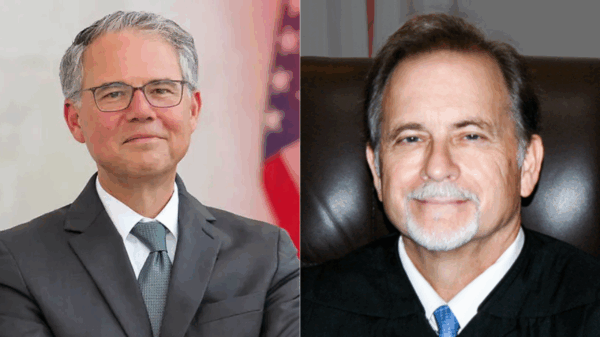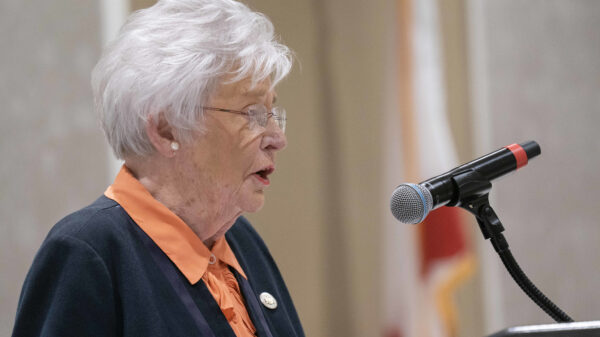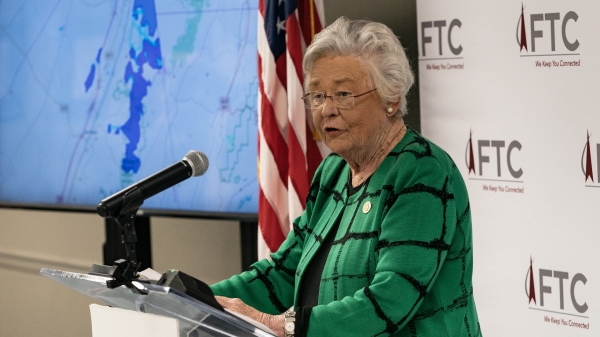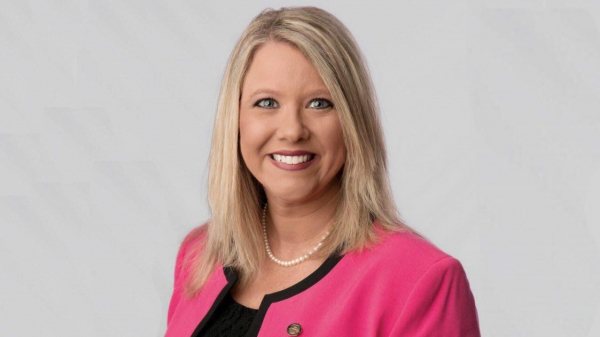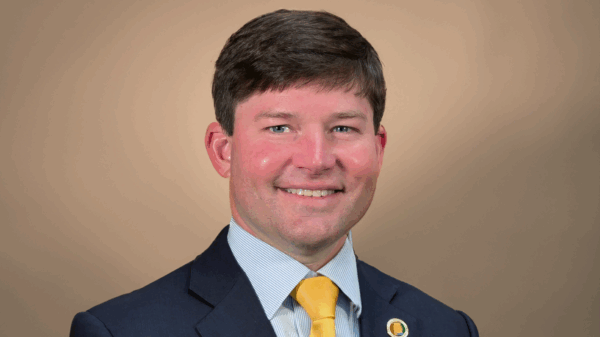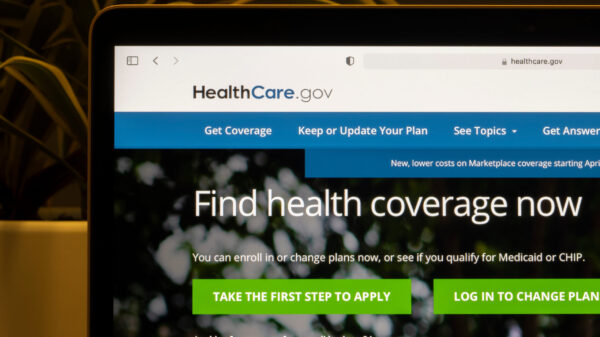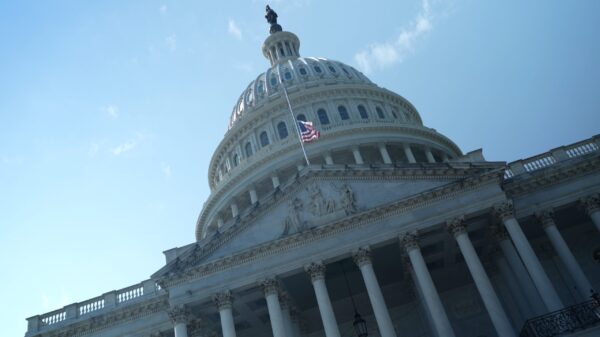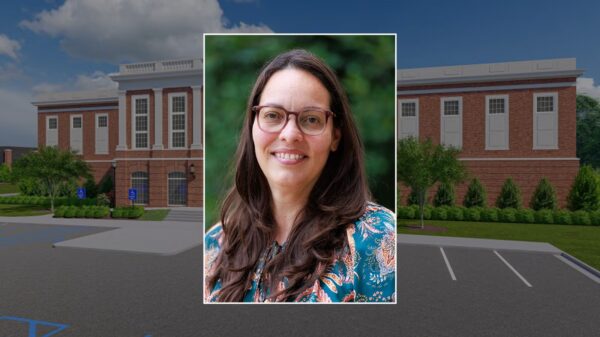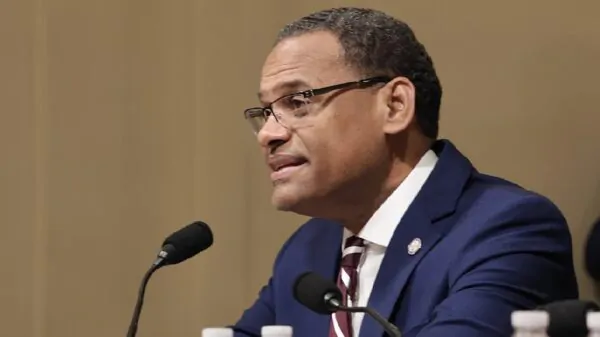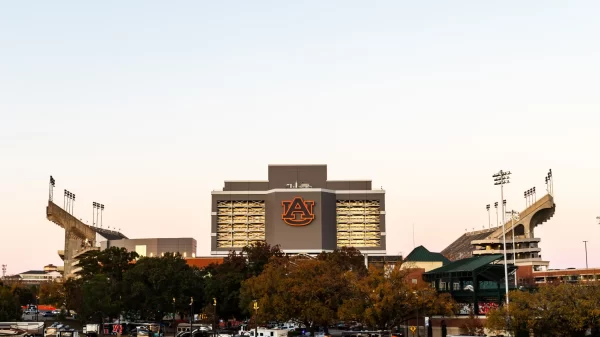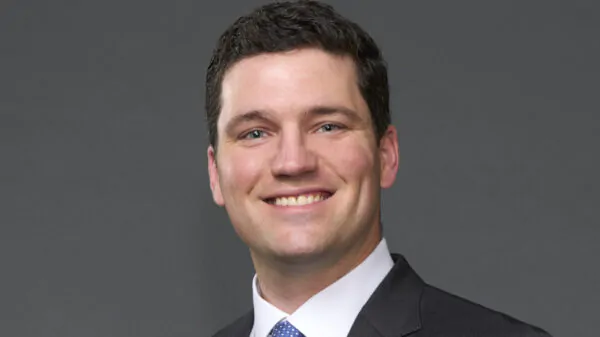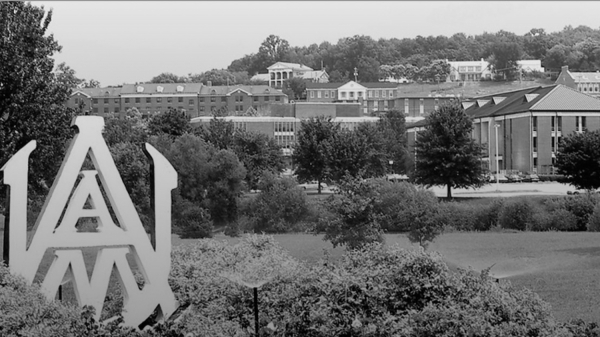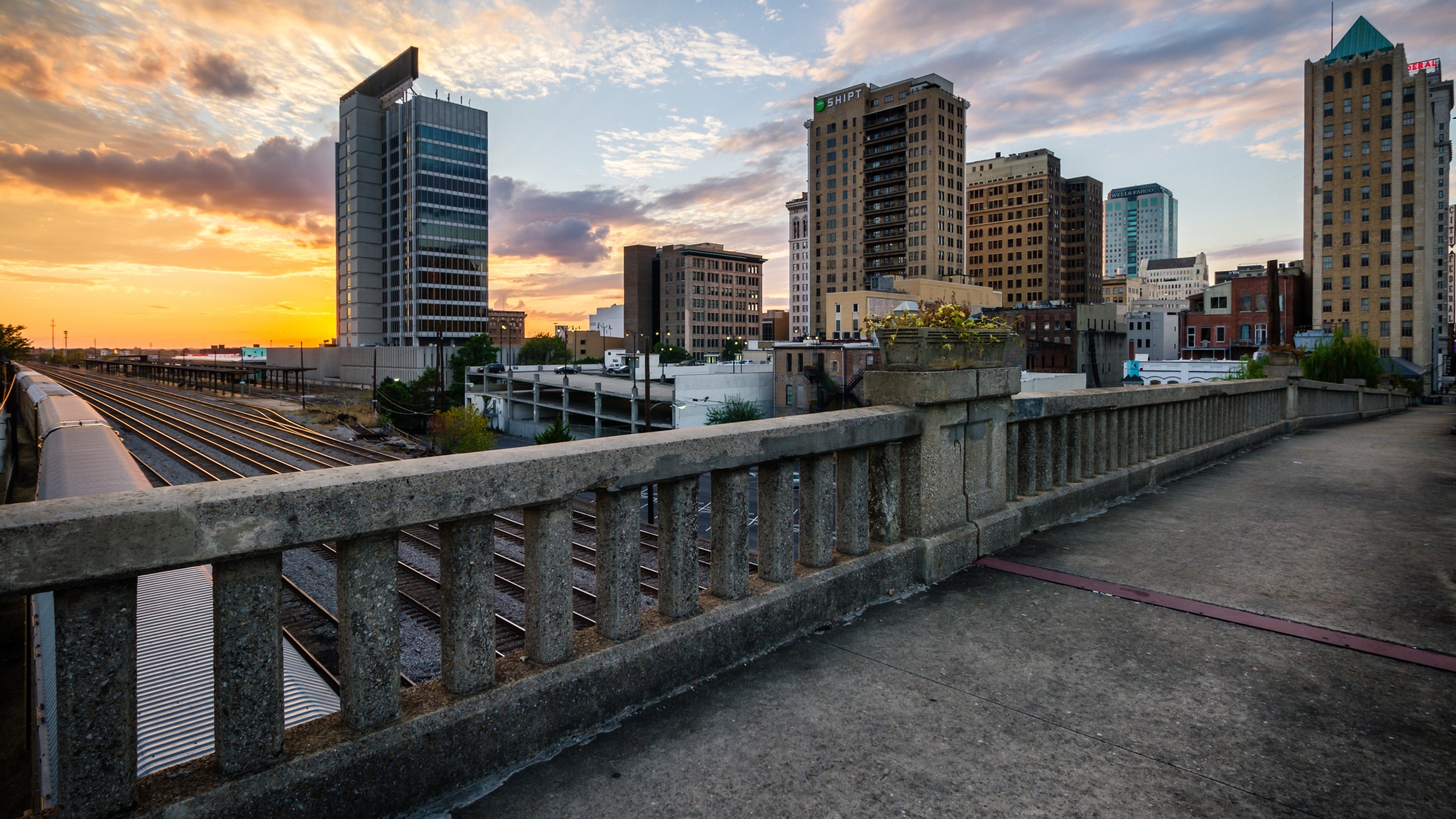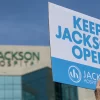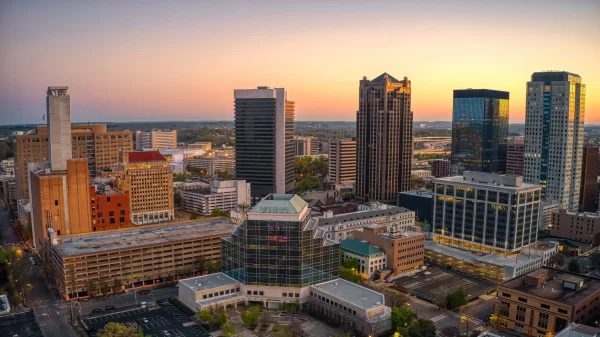Despite recent increases in economic growth and civic engagement in the Birmingham area, three-quarters of area residents say the region’s economic resources are not distributed fairly, according to a recent survey conducted by the Institute for Policy Studies and Alabama Arise.
Only one-quarter of the over 1,000 individuals surveyed indicated that they did feel the benefits of the economic growth experienced in the city of Birmingham and feel personally included, according to the survey.
“I think this is not surprising that the recent prosperity that we’re seeing, particularly in downtown Birmingham, is not widely shared,” said Allan Freyer, the primary researcher for the survey and a visiting senior fellow at Alabama Arise, in a press conference held after the survey’s release on Thursday. “There are big racial disparities and poverty, income, social mobility, and it is a significant drag on the overall economic growth in the region.”
Fifty-five percent of residents polled cited a lack of access to healthy food, with the Greater Birmingham area lacking access to nutritious and easily accessible grocery stores. An estimate last year from the Birmingham Times indicates that 69 percent of Birmingham residents live in a food desert.
Birmingham is one of the country’s most auto-dependent metro areas, according to the survey, with two-thirds placing the lack of public transit as the top challenge facing the city.
Black residents, in particular, have less access to general transportation than white residents, according to Freyer.
“We recognize the greater Birmingham is one of the most car-dependent cities in the United States,” Freyer said. “There are significant public transit limitations that keep people from getting jobs and finding food and health care.”
Over 73 percent of respondents, including 82 percent of Black respondents and 62 percent of white respondents, said that a lack of good jobs in Birmingham is “at least somewhat of a problem,” according to the survey, with 60 percent indicating that gaining access to job training programs is a challenge.
Approximately 80 percent of respondents said increased housing costs as a problem, with 73 percent indicating the same about the lack of affordable housing, according to the survey.
Residents who are dependent on the existing public transit in Birmingham are limited in housing and choice of education, according to Scott Douglas, executive director of Greater Birmingham Ministries, who spoke during the press conference on Thursday. Scott said that public transit is important.
“If you are bus dependent, then you got to choose where you live based on where the existing bus routes can get you from home to work to schools,” Douglas said. “To be poor and to be transportation lock, it gets you out of the housing, as well as access to the available jobs.”
The survey also found that more than three-quarters of residents want their local government to hold companies accountable for job creation that they promise in exchange for tax incentives and public subsidies, as well as those jobs having a living wage.
Large majorities of Black and white residents want local governments to have the ability to set a mandated minimum wage, with a supermajority of residents opposing state preemption laws limiting local government authority.





